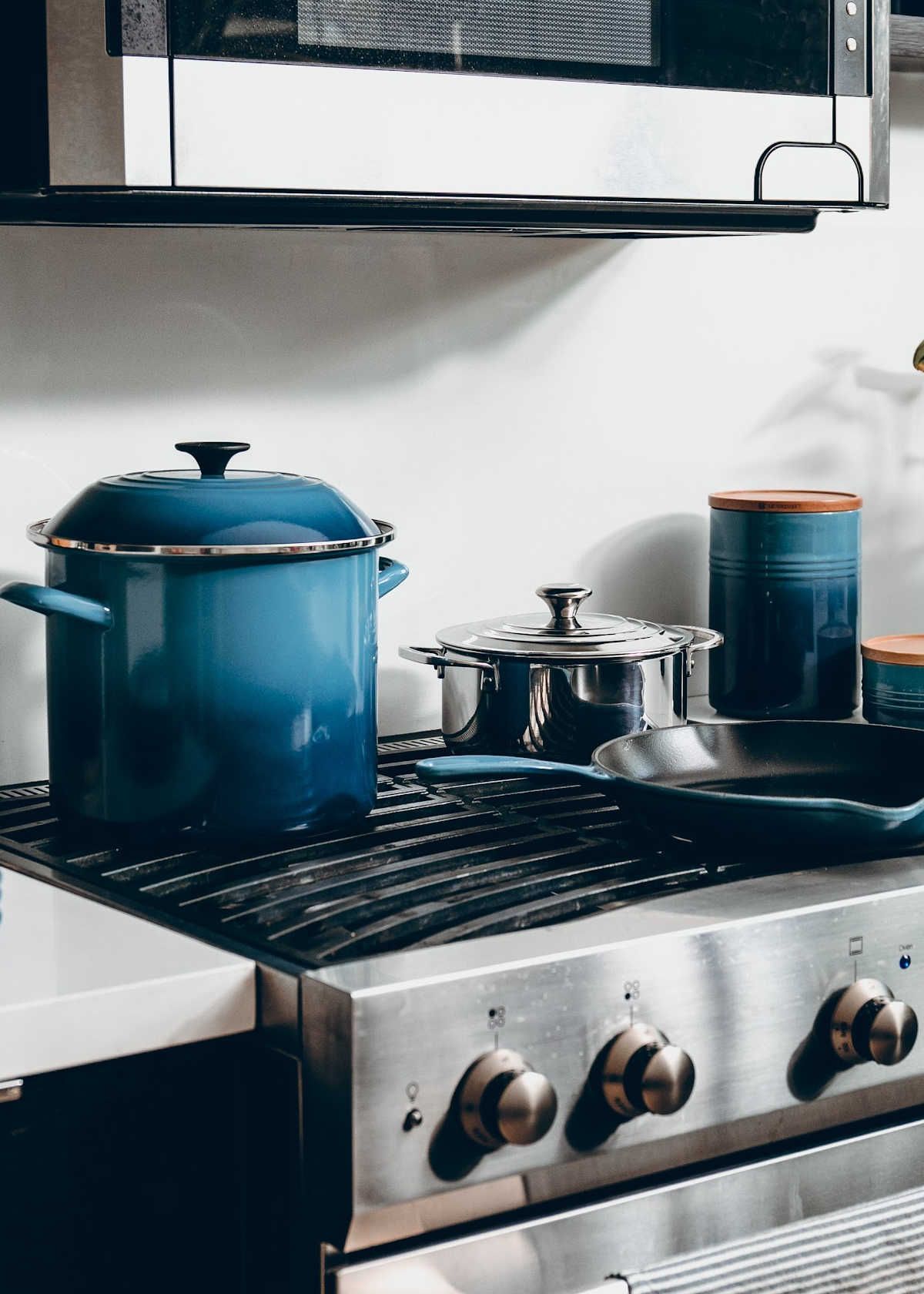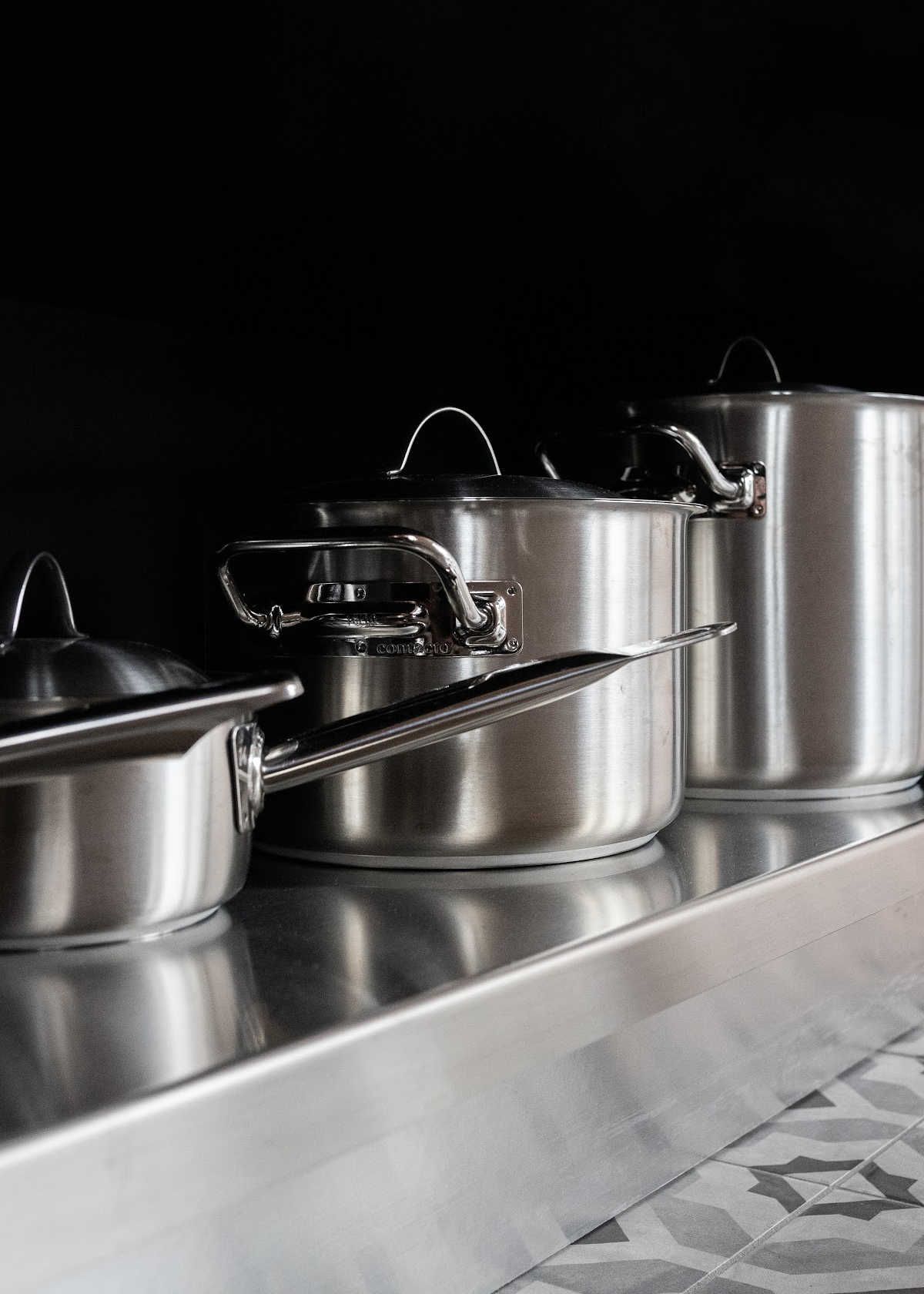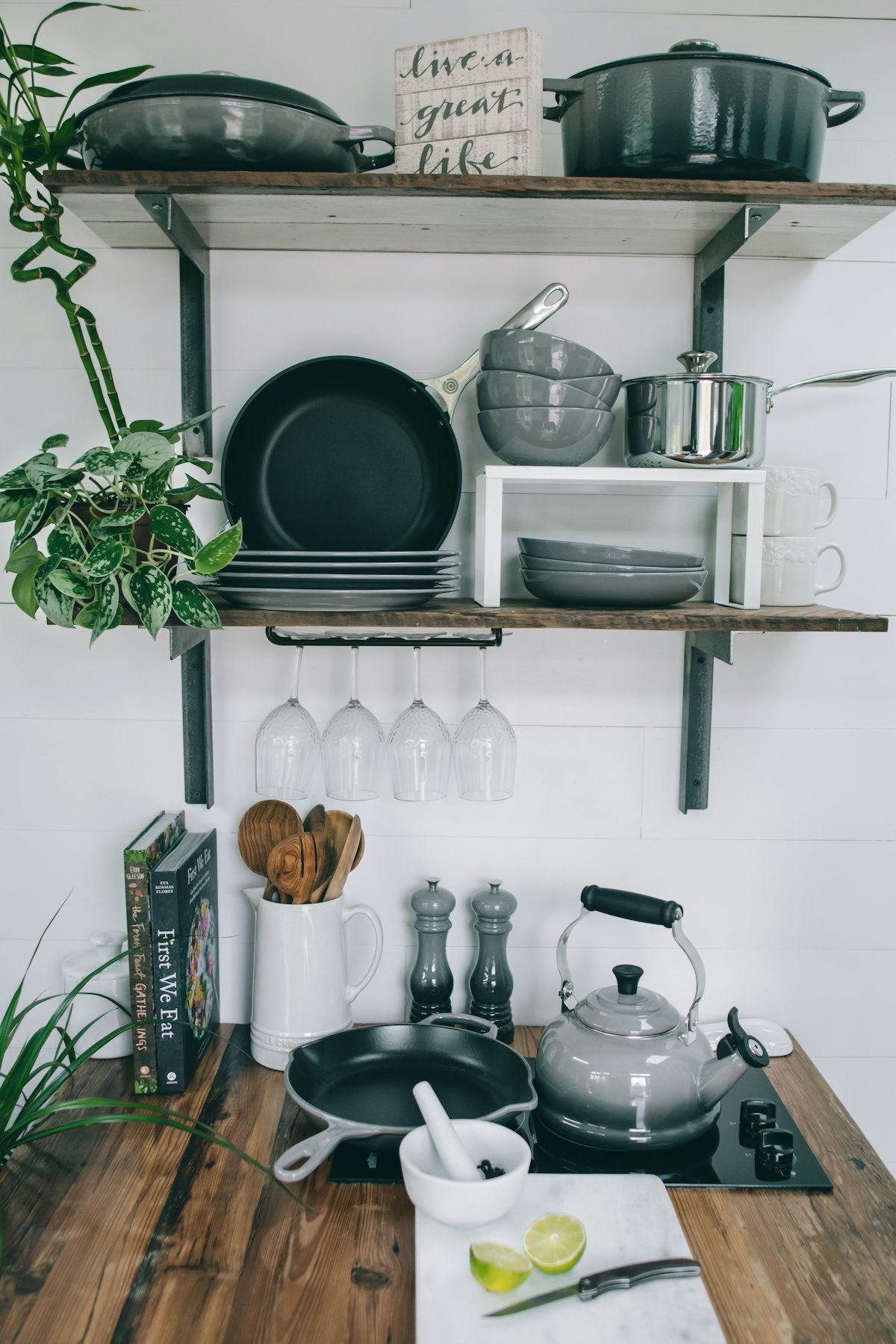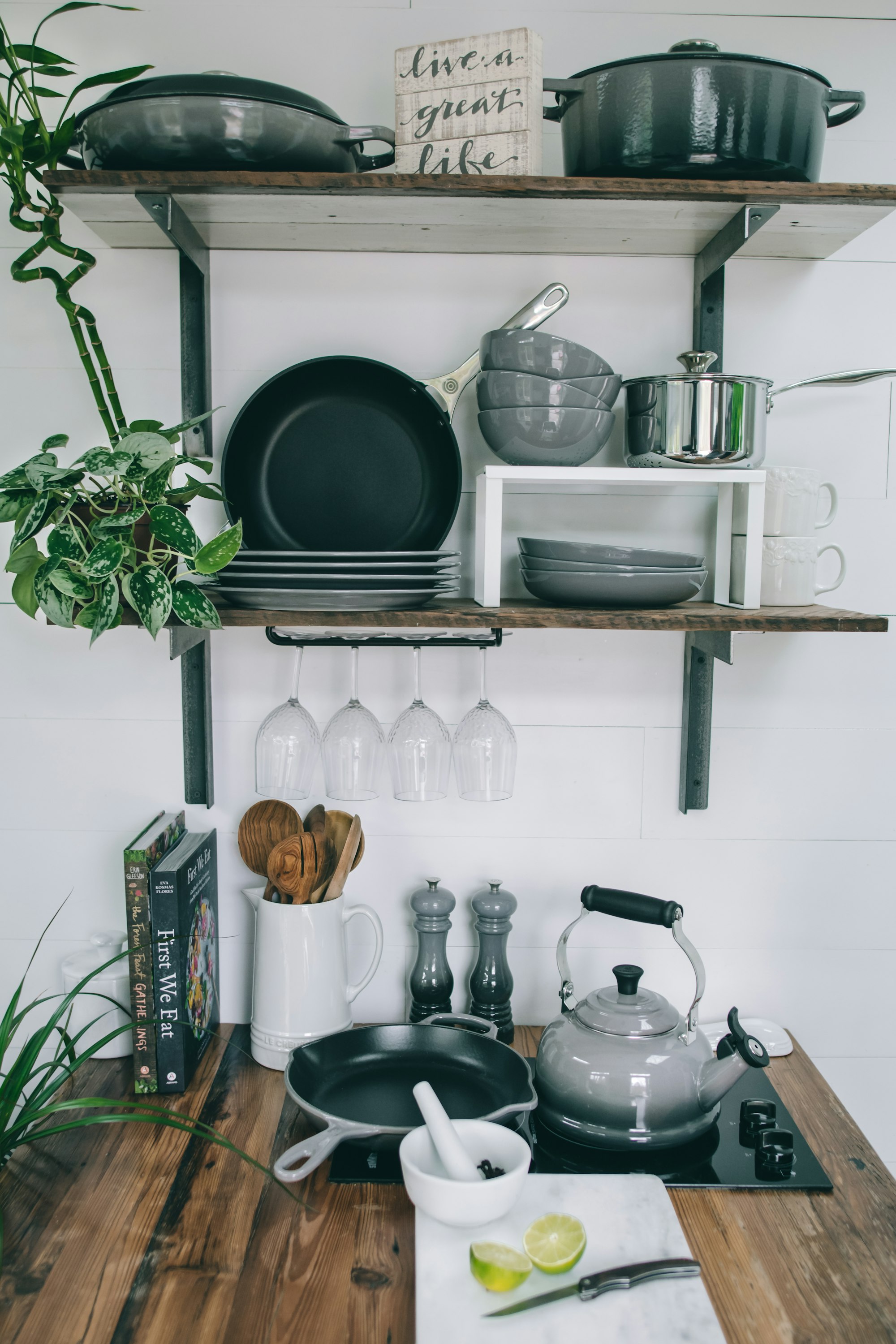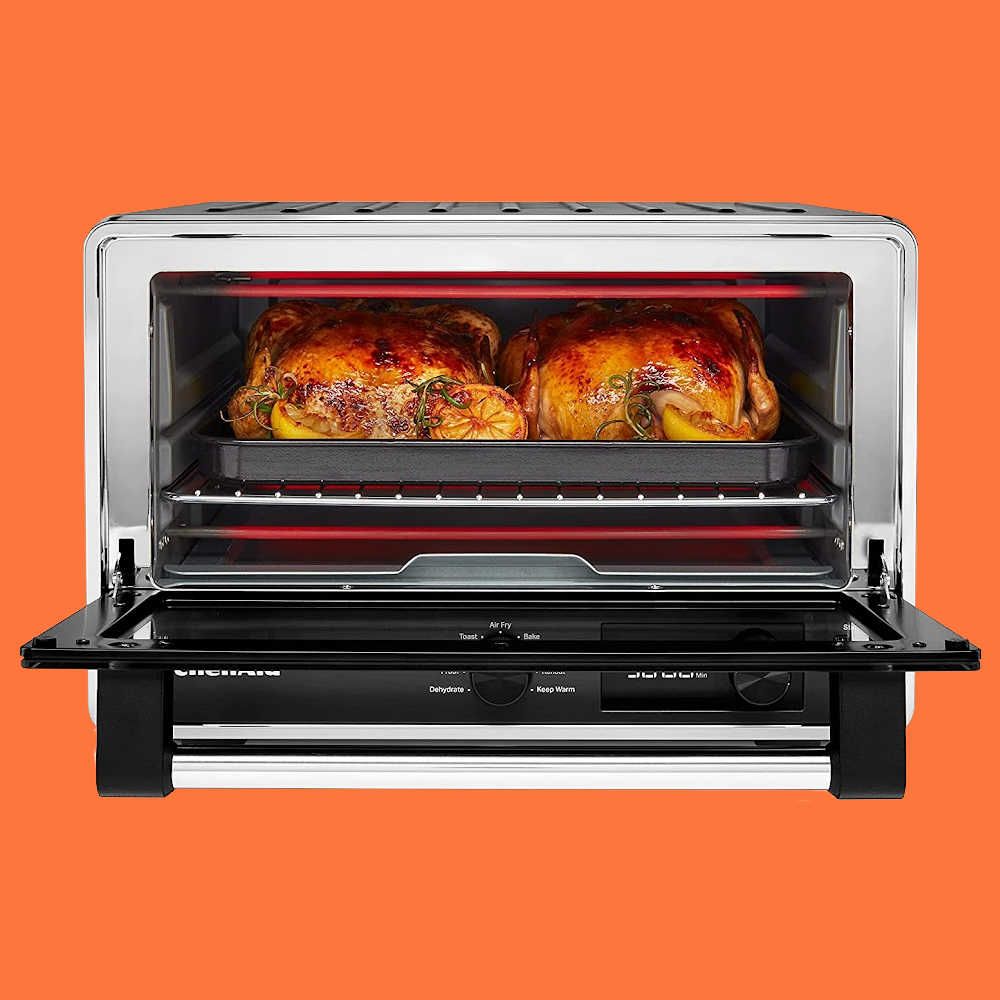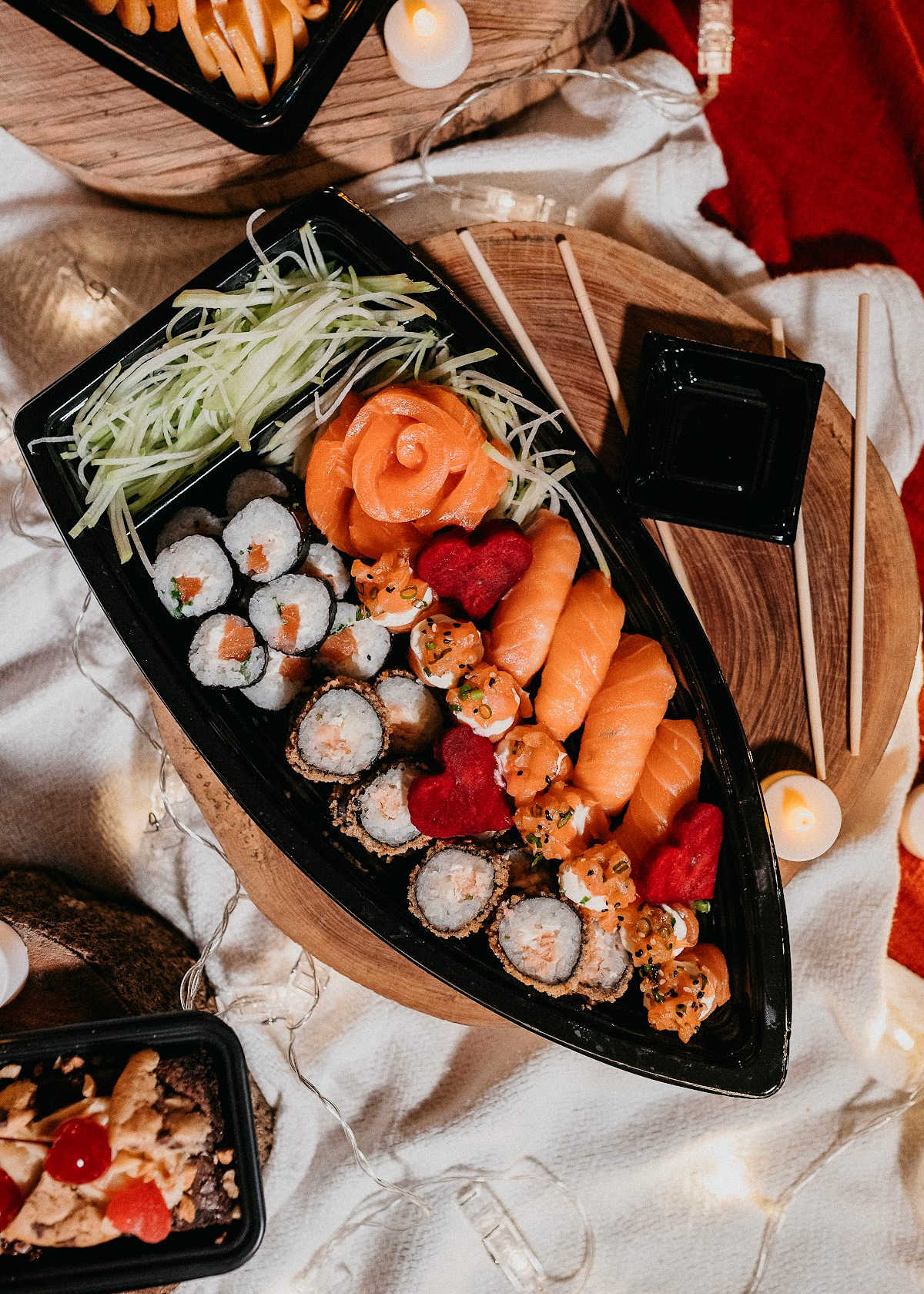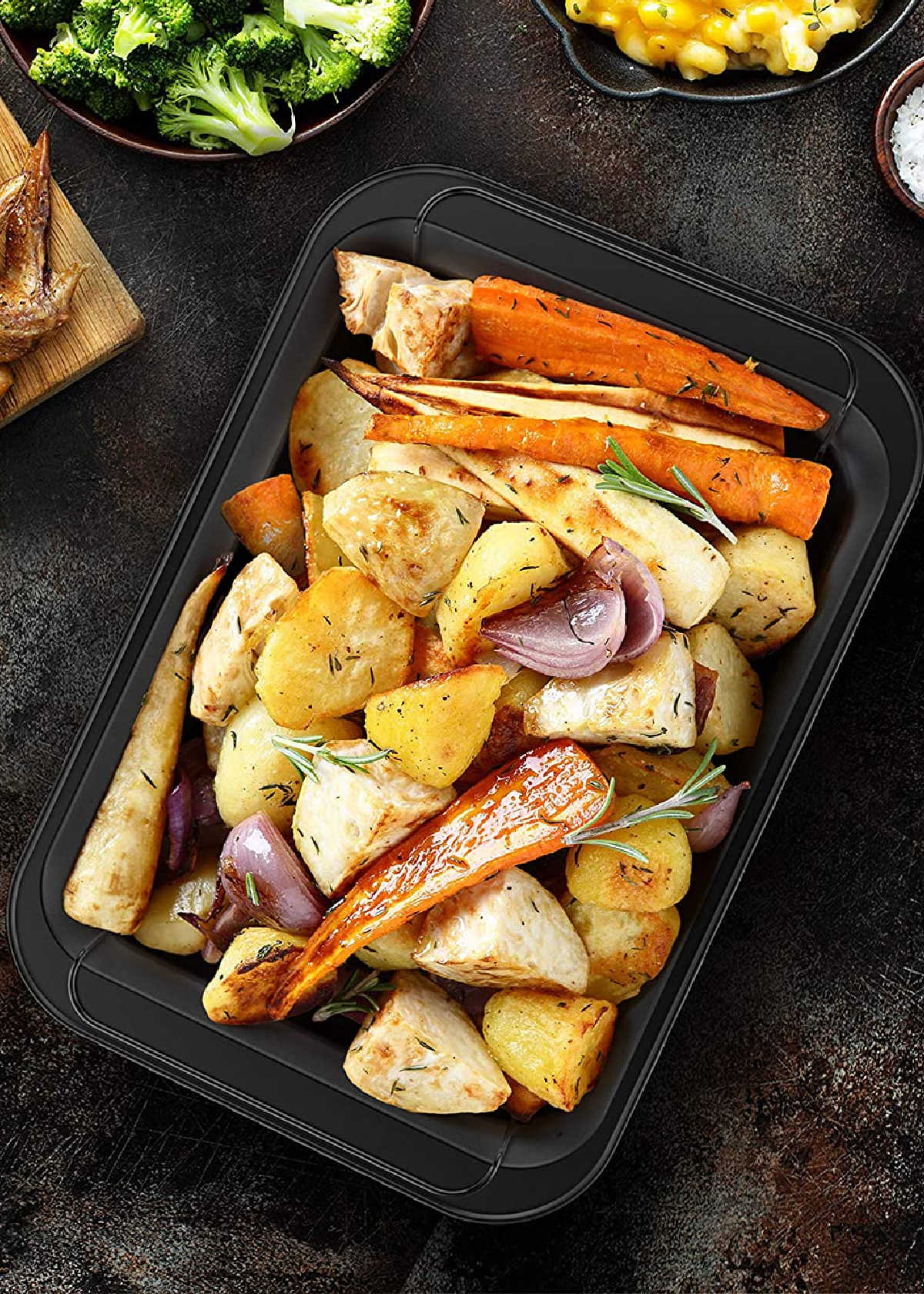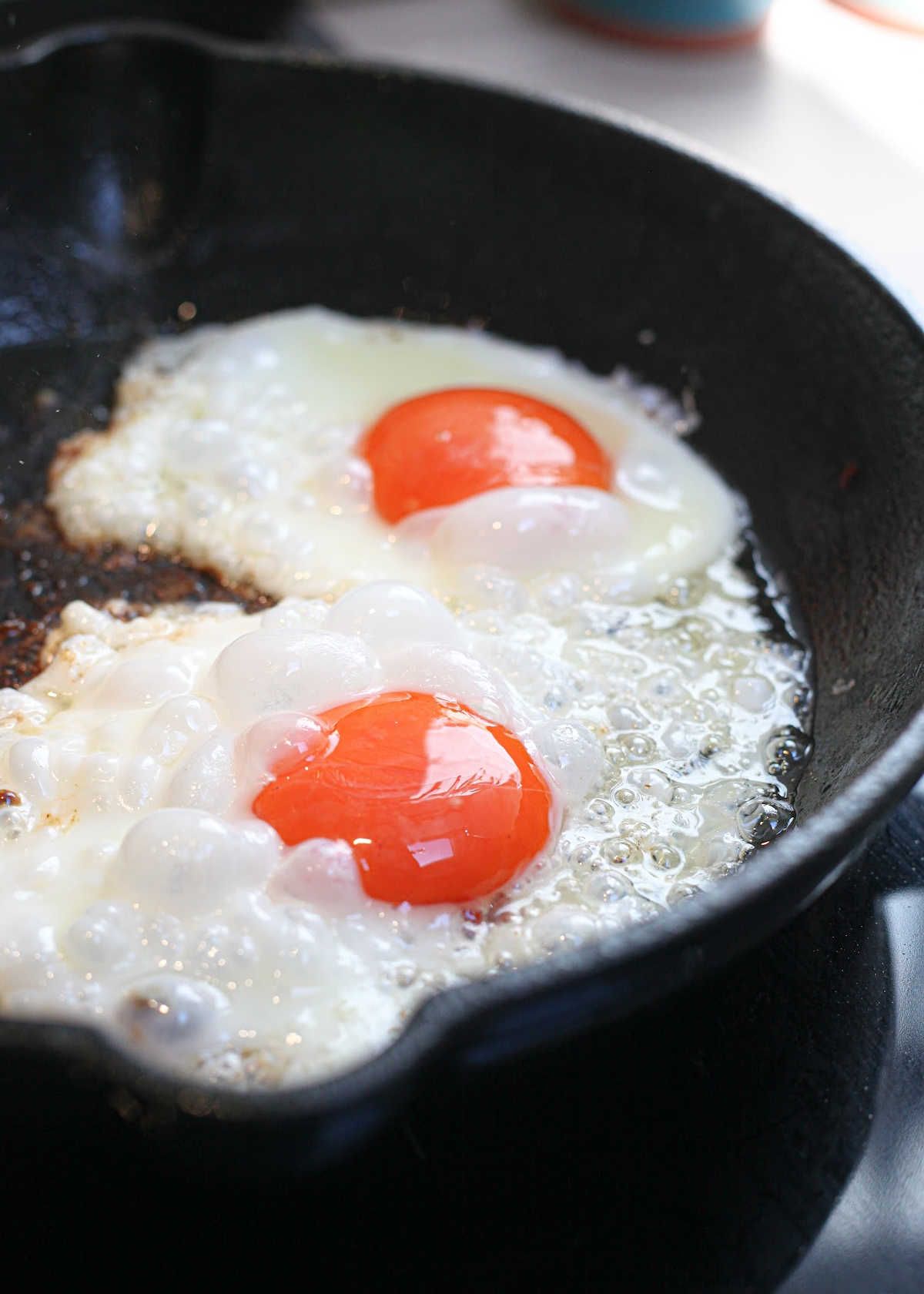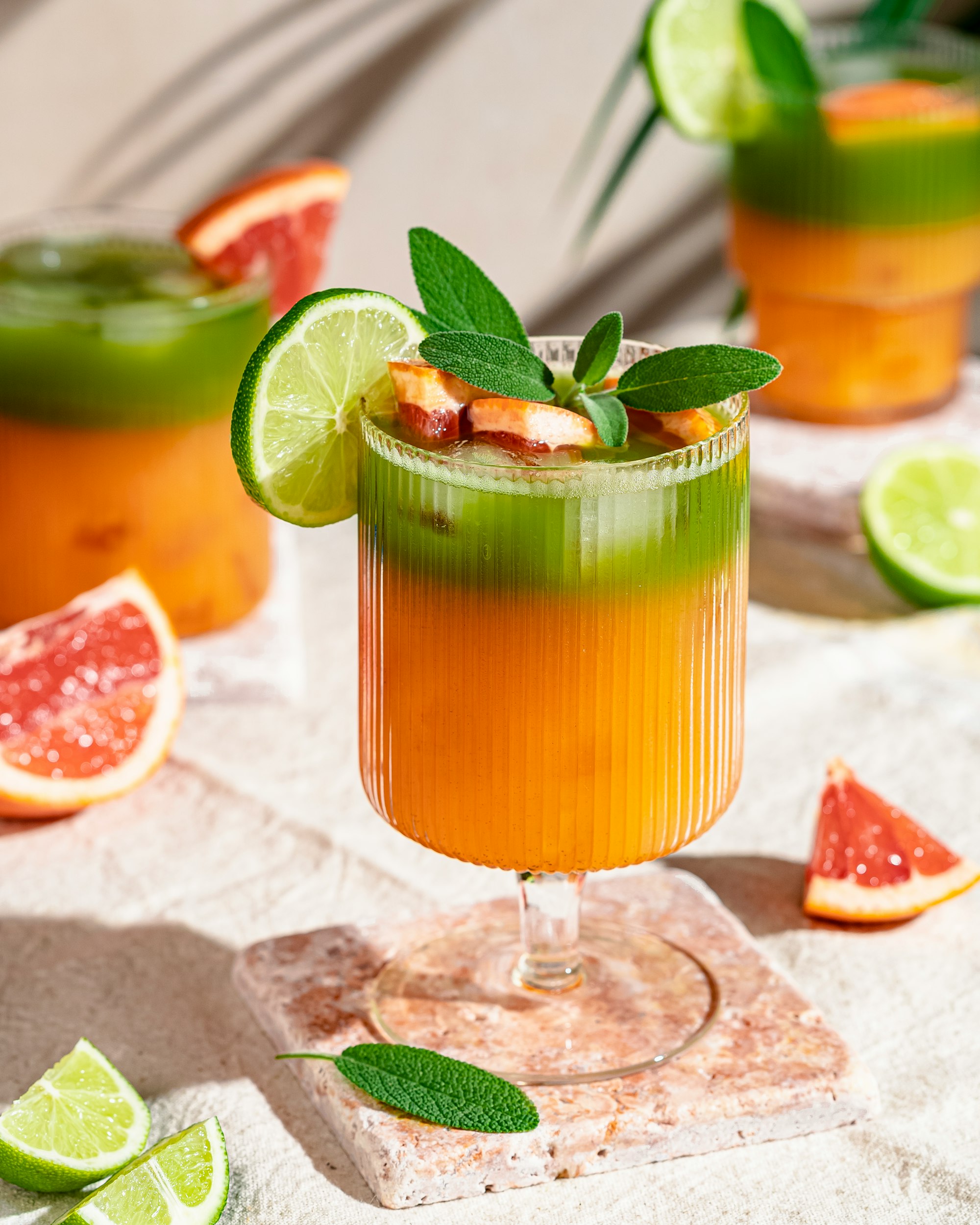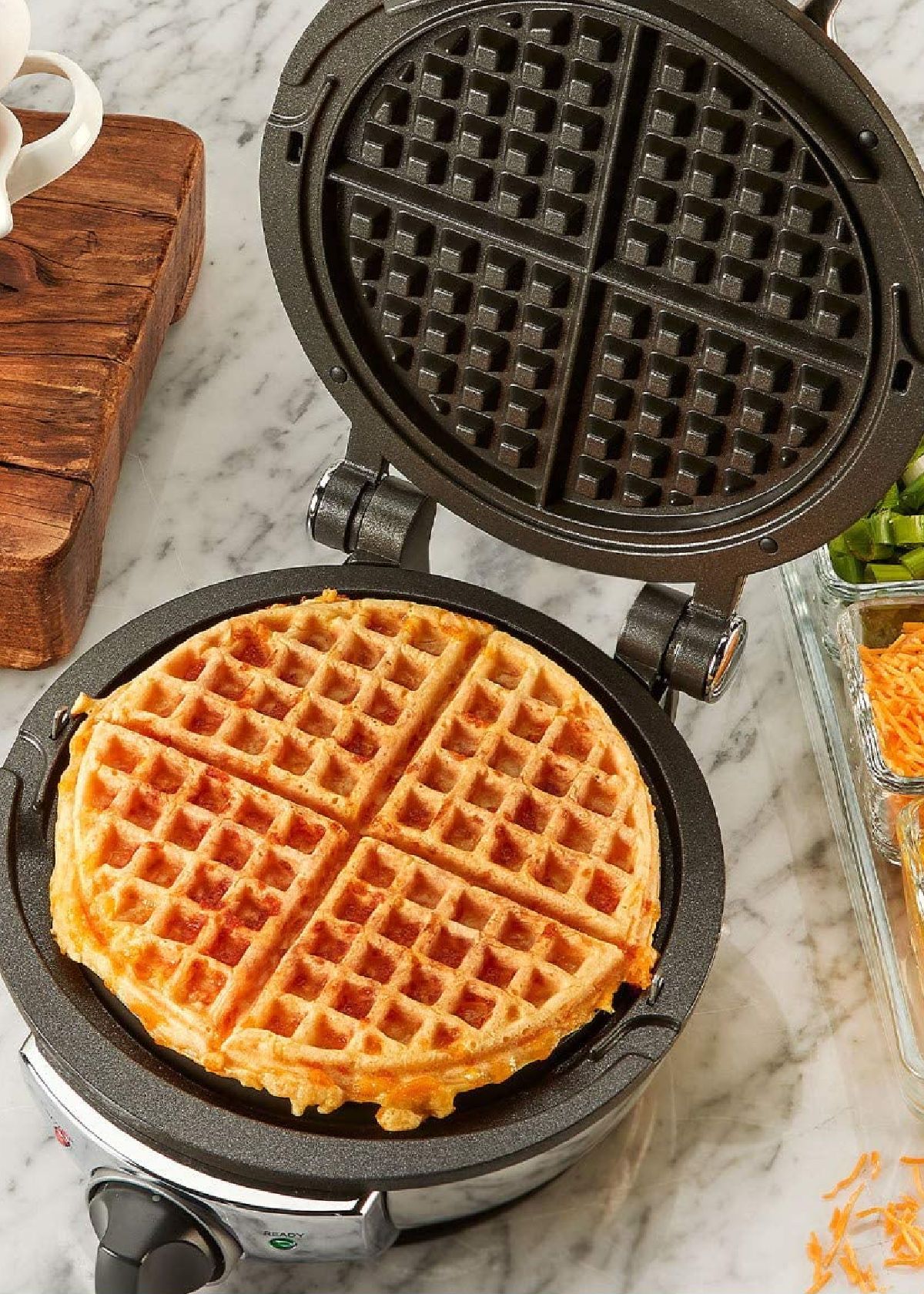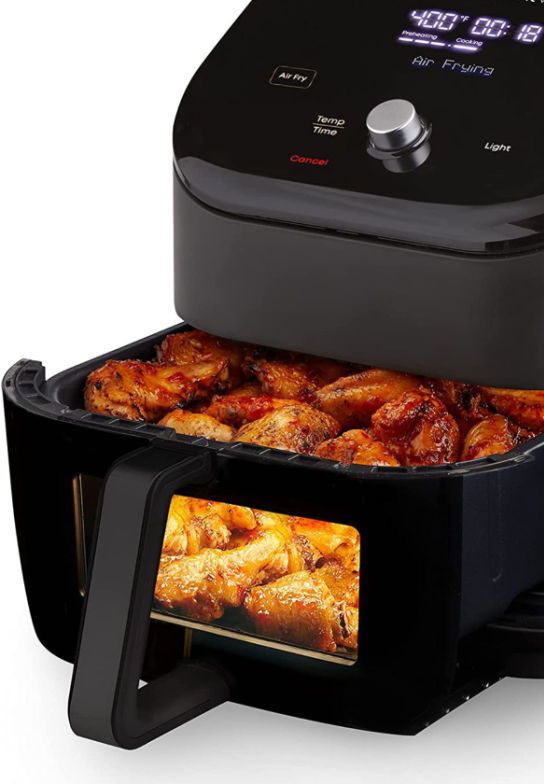Content Summary
If you're a home chef, then you know that non-stick cookware is a godsend. No more scrubbing burnt-on food off of your pans! But is non-stick cookware actually safe? Let's take a look at what the research says.
Non stick cookware safety concerns
There are two main safety concerns when it comes to non-stick cookware: the risk of toxic fumes being released when the pan is heated, and the potential for the non-stick coating to flake off into food.
As far as the first concern goes, there is some evidence that suggests that certain types of non-stick coatings can release toxic fumes when heated to high temperatures. However, it's worth noting that this only seems to be an issue with older pans; newer generations in the 21st century of non-stick cookware have been specifically designed to avoid this problem.
As for the second concern, there have been isolated incidents in which the non-stick coating on a pan has begun to flake off into food. However, these types of incidents are extremely rare. They usually only occur with the cheap pan models, or when the pan is old or has been damaged in some way. In other words, they're not necessarily indicative of a wider problem with all non-stick cookware.
Safe nonstick cookware
Are non-stick pans safe? The short answer is yes! These types of pans have been specifically designed to avoid releasing toxic fumes, and while there is always a small risk that the coating might flake off into your food, this is generally only an issue with older or damaged pans.
So go ahead and enjoy your favorite dishes cooked in a trusty non-stick pan; just be sure to follow the manufacturer's instructions carefully and inspect your pan regularly for signs of damage.
As long as you use common sense and follow the manufacturers' instructions carefully, you should be able to enjoy your non-stick pans for a very long time without worry.
Material used in a safe nonstick cookware
There are a few different materials that are safe to use for nonstick cookware. The most common is ceramic and enameled cast-iron, which are both stable and unlikely to release toxins into your food.
You can also find nonstick cookware made from anodized aluminum or stainless steel, which is another safe option. Just be sure to read the manufacturer's instructions carefully to make sure that the material you choose is compatible with your stovetop. Watch how non-stick cookware is made below to learn more.
Searching for a new cookware set? You'll need to make sure you get the right cookware set for your gas or electric stove or induction stovetop before you start shopping. Luckily, we've written blog articles about the best pots and pans for gas stoves and best pots and pans for electric stoves. We also include tips on how to pick out the perfect set based on what you're looking for. Be sure to check them out so that you can find your ideal match!
